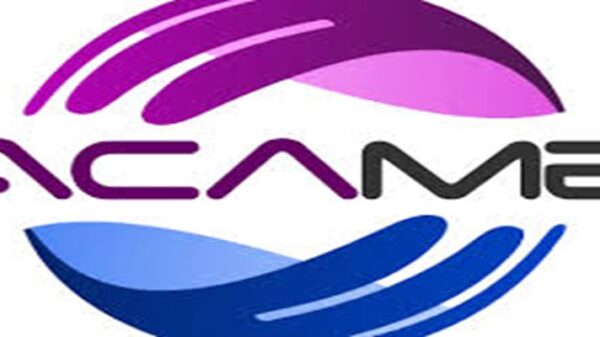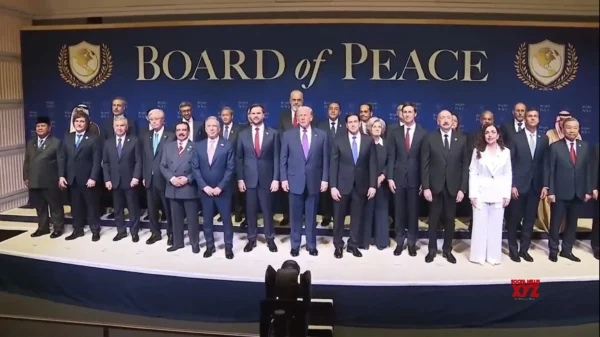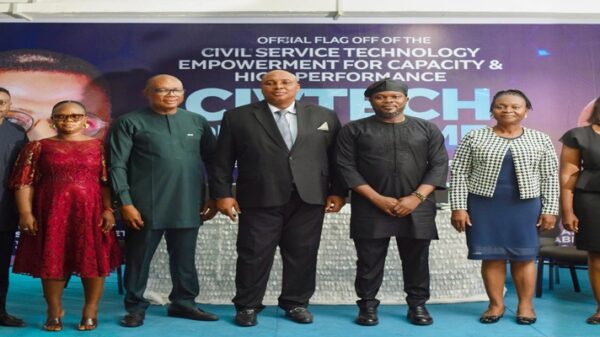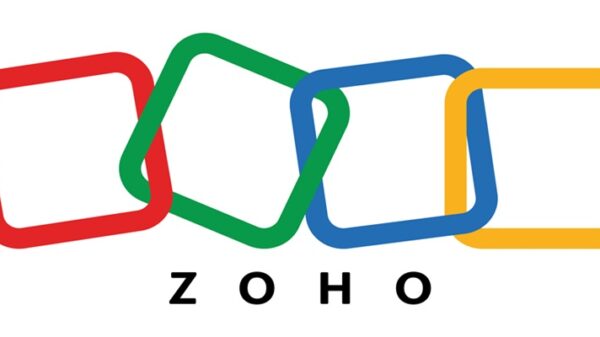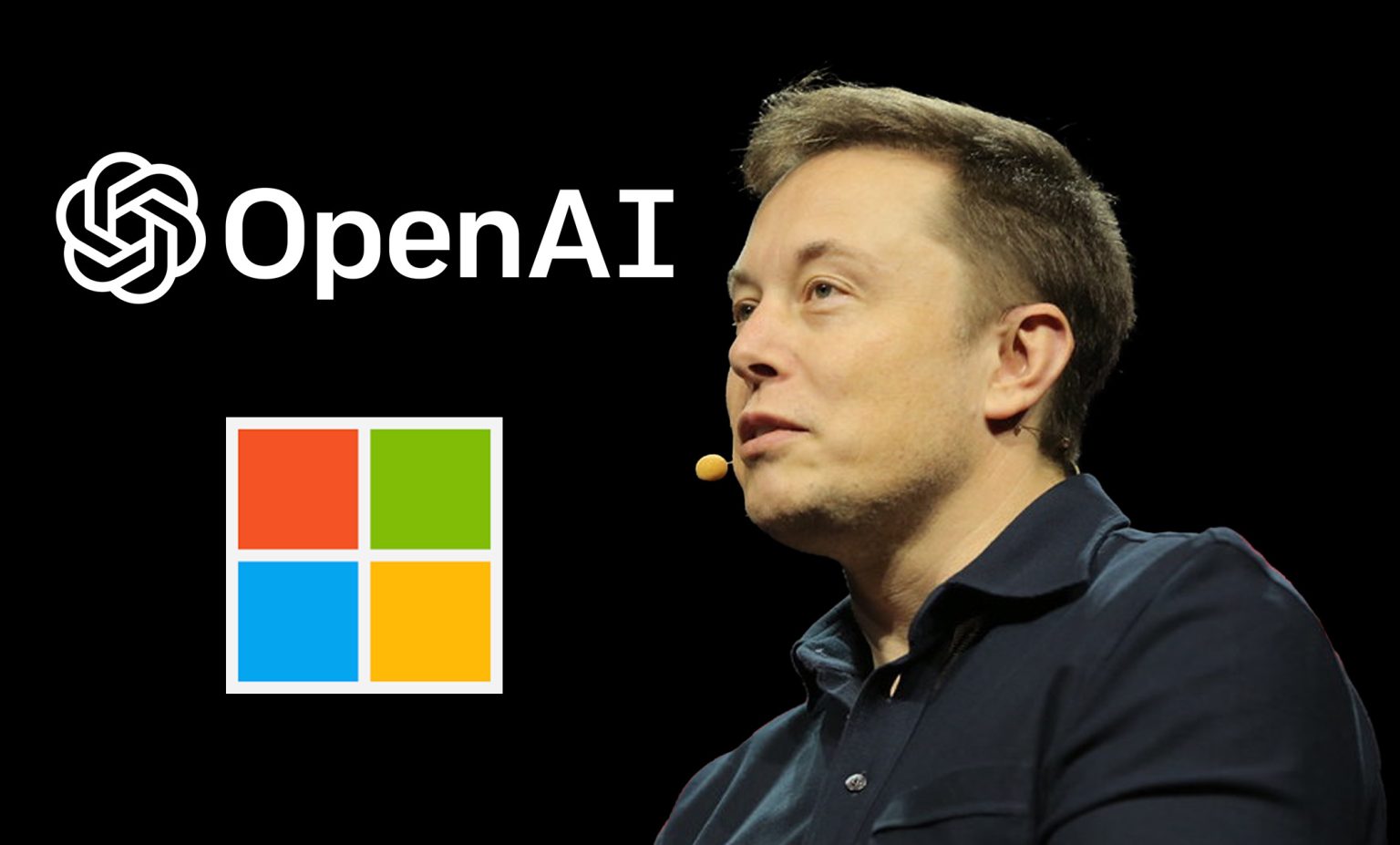Elon Musk is suing OpenAI, the makers of ChatGPT, arguing it has breached the principles he agreed to when he helped found it in 2015.
The lawsuit – which has also been filed against OpenAI boss Sam Altman – says the firm has departed from its original non-profit, open source mission.
It says instead of trying to “benefit humanity” – as it was set up to do – it is focusing on “maximising profits” for major investor Microsoft.
OpenAI has been approached for comment.
The firm was created with the intention of building what’s known as artificial general intelligence (AGI) – AI that can perform any task a human being is capable of.
It was also set up as a not-for-profit company, meaning it would not aim to make money.
The lawsuit, which has been filed in San Francisco, states it was under these conditions, that Mr Musk agreed to found OpenAI, along with Mr Altman and co-founder Greg Brockman.
He left three years later.
“This case is filed to compel OpenAI to adhere to the Founding Agreement and return to its mission to develop AGI for the benefit of humanity, not to personally benefit the individual Defendants and the largest technology company in the world,” the lawsuit says.
The filing comes after the Wall Street Journal reported on Wednesday that US regulators had begun to probe the ChatGPT creator over whether investors had been misled, following boardroom drama at OpenAI in November 2023.
It saw Mr Altman suddenly ousted from the board, before being reinstated at the helm several days later.
The board at the time accused Mr Altman of not being “consistently candid in his communications”, and said as a result they had “lost confidence” in his leadership.
It was a row Microsoft became deeply embroiled in – including an offer to take on any staff who quit OpenAI.
Mr Musk had said in a post on X – formerly Twitter – that he was “very worried” by the situation.
His lawyers now say in this lawsuit that these “stunning developments” highlight Microsoft’s increased influence over the company.
“Its technology, including GPT-4, is closed-source primarily to serve the proprietary commercial interests of Microsoft,” it says.
Microsoft’s initial $1bn backing of OpenAI in 2019 came shortly after the AI firm – previously operating as a non-profit – announced a new “capped profit” structure which would allow investment in it.
Microsoft’s investment swelled to a multi-year, multi-billion partnership in January 2023 following the launch of OpenAI’s chatbot, ChatGPT.
The partnership is now being examined by UK, EU and US regulators.
To understand some of the context behind this, it’s useful to know a little about a philosophy several tech billionaires including Elon Musk are said to be fond of: it’s called effective altruism.
It has very lofty ambitions around identifying the world’s most pressing problems and trying to solve them (this is a very basic explanation – but you can see why it helps if you’re a billionaire). It’s not about personal or indeed commercial gain.
If OpenAI was founded with that principle at its core, you can see why Mr Musk, and indeed some of the firm’s senior figures, were disgruntled when a few years later it launched a profit-arm.
Indeed there were some whispers around the time that Sam Altman was dramatically fired that the board was concerned about the growing power of the profit-making division.
If this does ever come to court, it could be an epic battle of two tech titans, neither of whom particularly needs a financial win.
It could become a fight between ideology and the real world, or ultimately a battle for supremacy between two men who have extraordinary global influence.
I’m getting the popcorn ready…
Presentational grey line
The lawsuit also alleges that details about the design of OpenAI’s most recent AI model, GPT-4, were kept secret.
“On information and belief, this secrecy is primarily driven by commercial considerations, not safety,” it says.
Mr Musk announced his own AI start-up called xAI in July 2023, citing its mission as being to “understand reality”.
It developed Grok, its own chatbot with “a little humour”, to try and rival the likes of ChatGPT in November that year.
Mr Musk’s lawyers say, among other desired outcomes of the lawsuit, they want OpenAI to be ordered to continue making information relating to its AI developments available to the public.
Microsoft declined to comment
![]()

